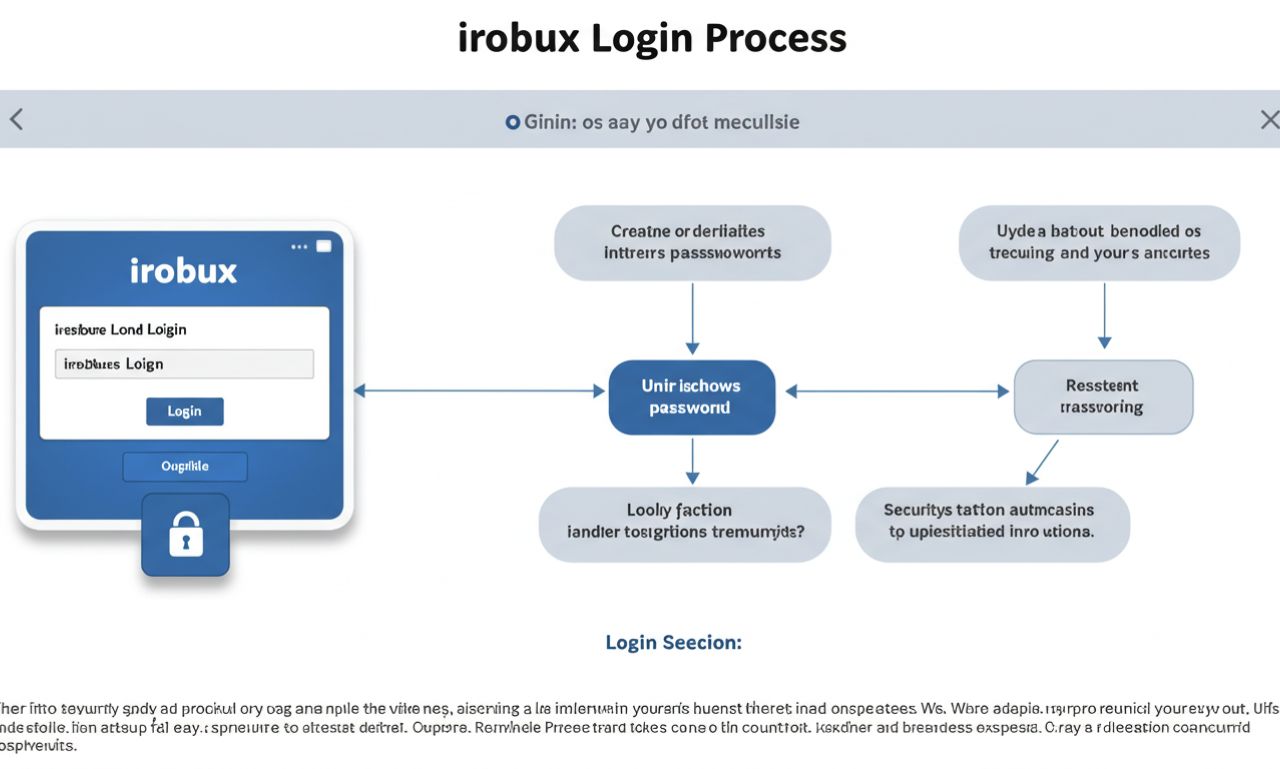Public services play a crucial role in our daily lives, influencing everything from education to healthcare. Yet, the connection between citizens and these institutions can sometimes feel distant or even opaque. Enter ombudsmänner—an innovative solution designed to bridge this gap and enhance transparency within public services.
Imagine having a dedicated advocate who listens to your concerns, investigates complaints, and ensures accountability in government actions. That’s precisely what an ombudsman does! By fostering an environment of openness and trust, ombudsmänner empower individuals while holding public entities responsible for their decisions.
In this blog post, we’ll explore the fascinating world of ombudsmänner—what they are, their historical significance, roles in society, benefits for communities, challenges they face—and how you can champion their establishment where it matters most. Join us on this journey toward greater transparency and improved public service delivery!
What is an Ombudsman?
An ombudsman is an independent official appointed to address complaints and ensure accountability in public services. This role acts as a bridge between citizens and government entities, providing a vital channel for grievances.
Ombudsmänner investigate issues raised by individuals who feel wronged or ignored by public authorities. They offer impartial assessments of cases, striving to resolve conflicts through mediation rather than confrontation.
This position enhances transparency within various sectors, fostering trust between the community and their institutions. By promoting fairness, ombudsmänner play a crucial part in upholding democratic values.
Citizens often find comfort knowing there’s an advocate looking out for their rights. An effective ombudsman can influence policy changes that benefit society as a whole while ensuring that everyone has access to justice.
History of Ombudsmen
The concept of an ombudsman dates back to Sweden in the early 19th century. Established in 1809, the first ombudsman was appointed to oversee government officials and protect citizens’ rights.
This innovative role quickly gained traction across Europe. Countries recognized the need for impartial oversight within public services. The idea spread rapidly, transforming how governments interacted with their citizens.
By the mid-20th century, many nations embraced this model. It evolved from a simple observer into a critical player in ensuring transparency and accountability.
Today, various forms of ombudsmänner exist worldwide, adapting to cultural contexts and legal systems. Each iteration builds on its predecessors while addressing contemporary challenges faced by citizens today.
Role and Responsibilities of Ombudsmen
Ombudsmen serve as impartial mediators between the public and government institutions. Their primary role is to investigate complaints from citizens regarding administrative decisions or actions.
These professionals take on a range of responsibilities. They collect evidence, interview parties involved, and analyze policies to ensure fair treatment. By doing so, they help identify systemic issues within public services.
Furthermore, ombudsmannen provide recommendations for improvement. They work closely with agencies to enhance transparency and accountability in their operations.
Educational outreach is also crucial in their role. Ombudsmen often inform the public about their rights and how to navigate complex bureaucracies.
In essence, they champion fairness while striving for a more responsive government structure that prioritizes citizen concerns above all else.
Benefits of Having an Ombudsman in Public Services
Having an ombudsman in public services offers numerous advantages. It serves as a bridge between citizens and government entities, fostering trust and transparency.
An ombudsman provides an independent avenue for complaints, ensuring that individuals feel heard. This can lead to increased citizen satisfaction with public institutions.
Moreover, the presence of an ombudsman encourages accountability among public officials. When people know there is oversight, they are more likely to act ethically and responsibly.
Another key benefit lies in improving service delivery. By analyzing complaints, ombudsmän can identify patterns and systemic issues, prompting necessary reforms within agencies.
Having an established figure dedicated to resolving disputes promotes a culture of openness within public services. This ultimately strengthens democratic processes by empowering citizens to voice their concerns without fear of retaliation.
Challenges Faced by Ombudsmen
Ombudsmen play a vital role in promoting transparency, but they face numerous challenges. One significant hurdle is the lack of resources. Many ombudsman offices operate on tight budgets, limiting their ability to investigate complaints thoroughly.
Additionally, public awareness remains low. Citizens often do not understand what an ombudsman does or how to reach out for help. This underutilization can undermine the effectiveness of their work.
Political pressures also complicate matters. Ombudsmen must navigate relationships with government officials while maintaining impartiality and independence.
Another challenge is gathering data and evidence for investigations. Some cases rely heavily on documentation that may be difficult to obtain from reluctant agencies.
Time constraints can hinder thorough examinations of issues brought forth by citizens. Each case demands attention, yet limited staff may struggle to keep up with increasing workloads.
Examples of Successful Implementation of Ombudsmen
Countries around the world have successfully implemented ombudsmänner, enhancing transparency and accountability in public services. In Sweden, the Parliamentary Ombudsman has played a vital role since 1809. This office investigates complaints against government agencies, ensuring that citizens receive fair treatment.
In New Zealand, the Office of the Ombudsman addresses issues related to public sector transparency. It has facilitated greater access to information and improved communication between government bodies and citizens. Their effective mediation often resolves disputes without lengthy legal processes.
Australia’s Commonwealth Ombudsman focuses on complaints against federal agencies. Its proactive approach not only helps individuals but also encourages systematic improvements within these organizations.
These examples illustrate how ombudsmen can bridge gaps between citizens and their governments, fostering trust while promoting good governance across diverse landscapes.
How to Advocate for the Establishment of an Ombudsman
Advocating for the establishment of an ombudsman requires strategic planning and community engagement. Start by raising awareness about the importance of transparency in public services.
Organize informational sessions. These gatherings can educate citizens on how an ombudsman can address grievances effectively. Use social media to amplify your message, sharing stories that highlight the need for accountability.
Engage with local leaders and policymakers. Present data and case studies showing successful implementations elsewhere. This approach provides a compelling argument for support.
Build a coalition of like-minded individuals and organizations who share your vision. Together, you can create a powerful voice advocating for change.
Encourage community members to write letters or participate in town hall meetings. Personal testimonials can make a significant impact on decision-makers as they highlight real-life implications of having an ombudsman in place.
Conclusion
Ombudsmänner play a vital role in enhancing transparency within public services. They serve as independent intermediaries between citizens and government entities, ensuring that the voices of the public are heard and considered. Their history shows a growing recognition of the need for accountability in governance.
The responsibilities they carry—addressing complaints, investigating grievances, and providing recommendations—foster trust between citizens and their institutions. The benefits are clear: improved service delivery, increased responsiveness from agencies, and greater public confidence.
However, challenges exist. Limited resources can hinder effectiveness. Political pressures may also impact independence. Despite these hurdles, many successful implementations demonstrate how ombudsmänner can create positive change.
Advocating for an ombudsman is essential to foster transparency in our communities. Citizens can reach out to local leaders or engage through civic organizations to push for this necessary oversight mechanism.
Embracing the concept of ombudsmänner not only enhances service quality but also strengthens democracy itself by empowering individuals with avenues for redressal and encouraging accountability among public servants.














